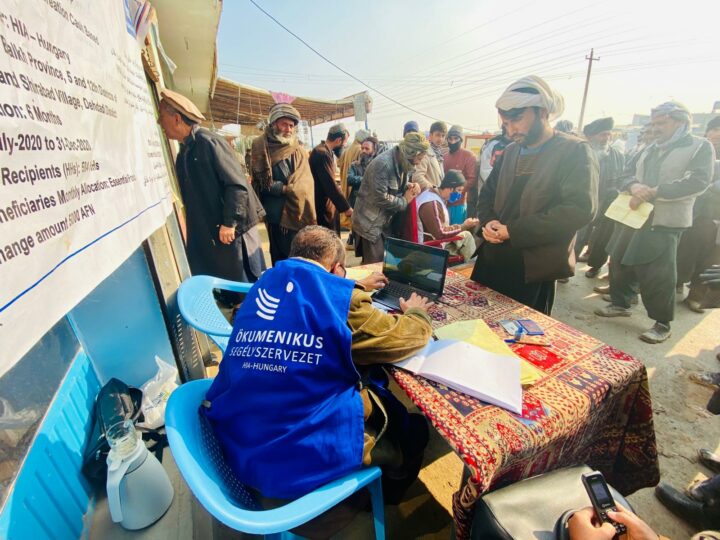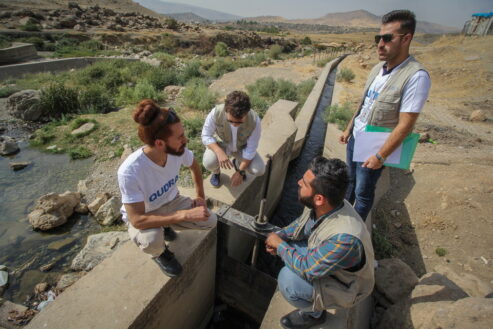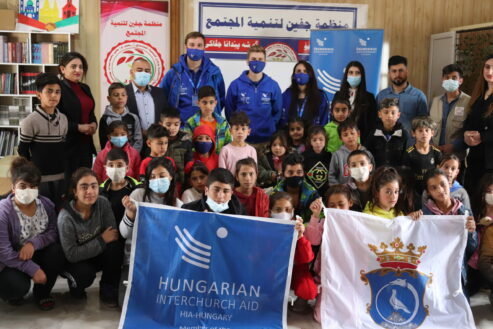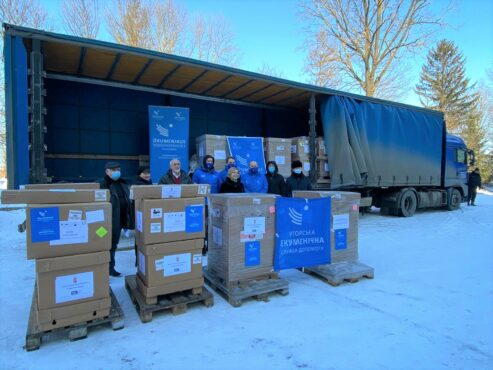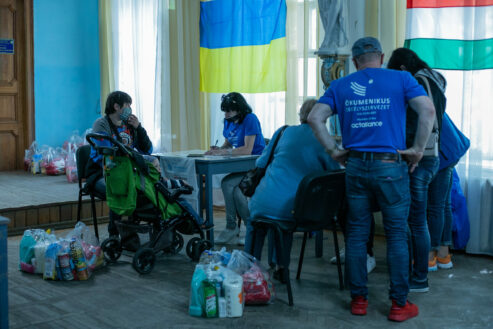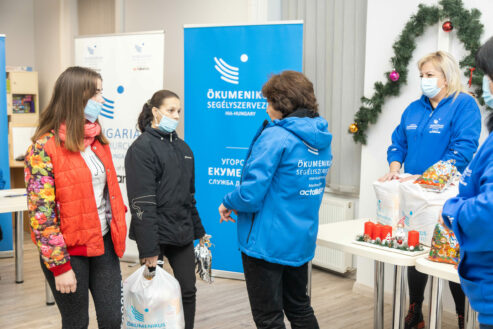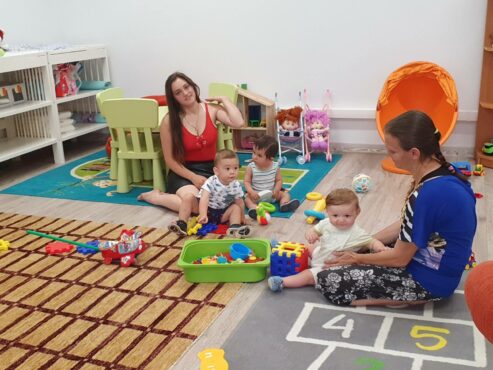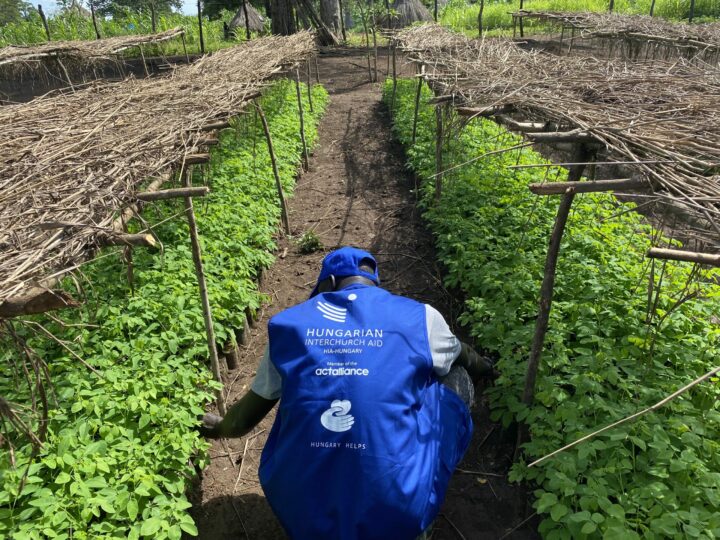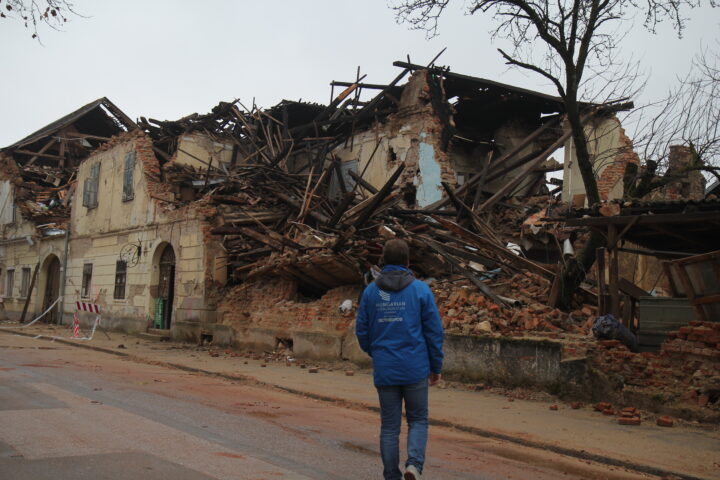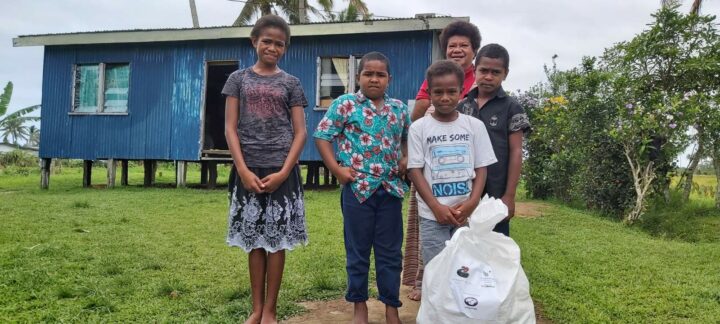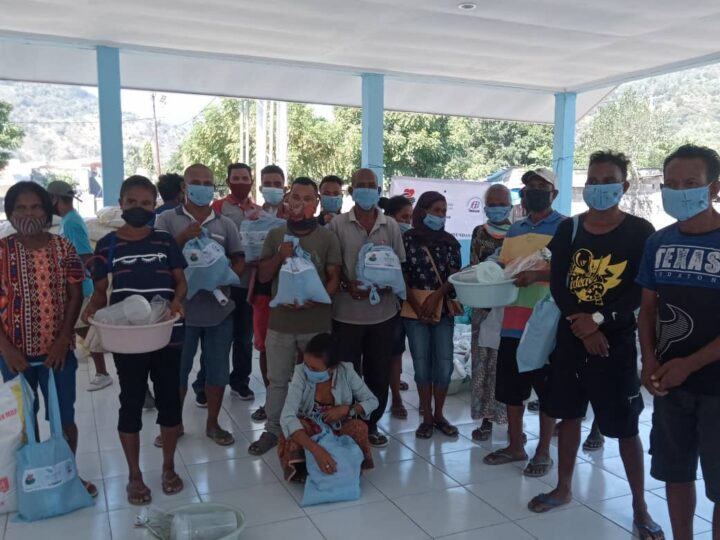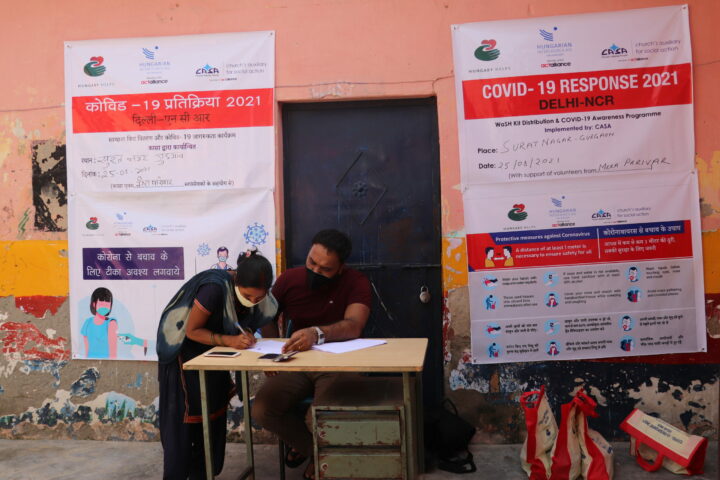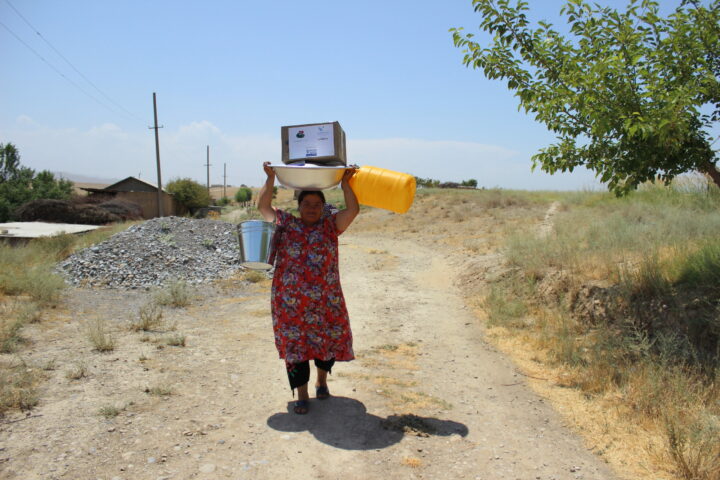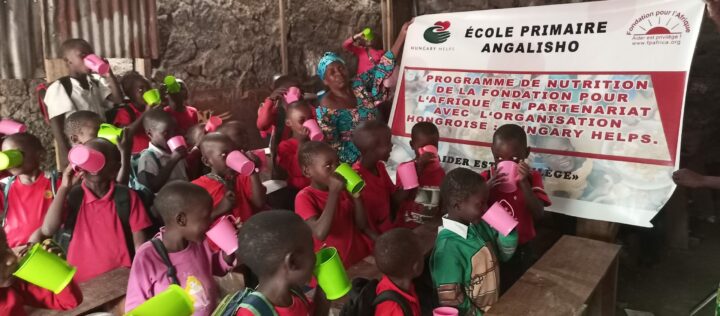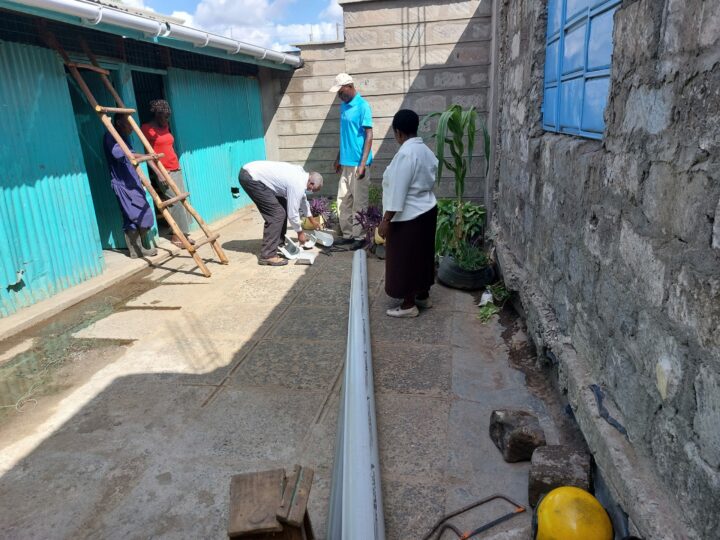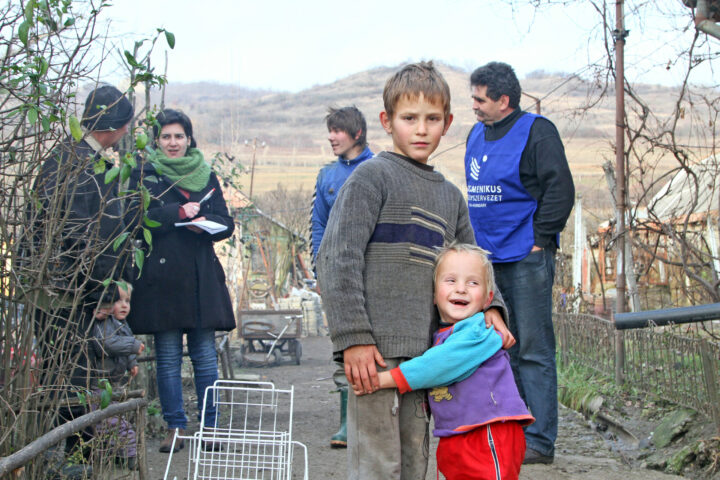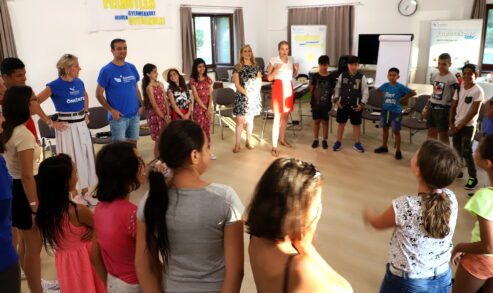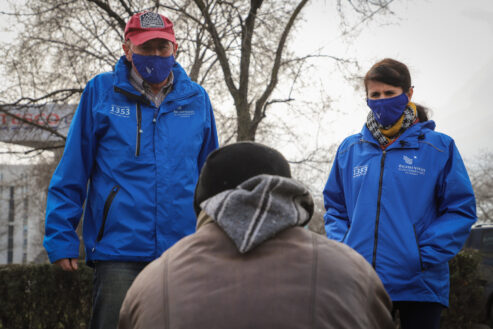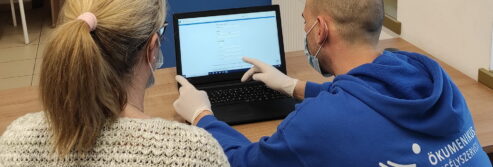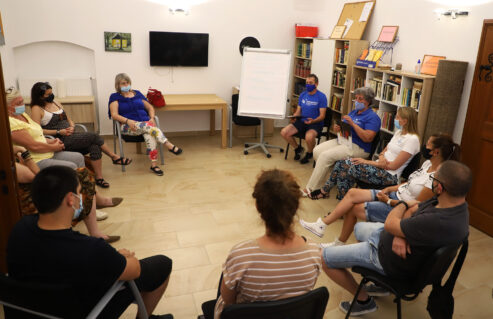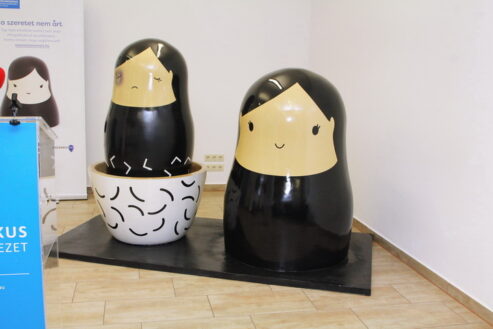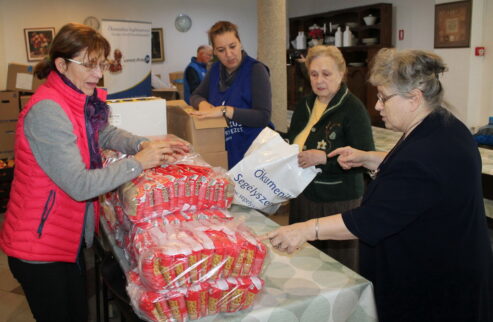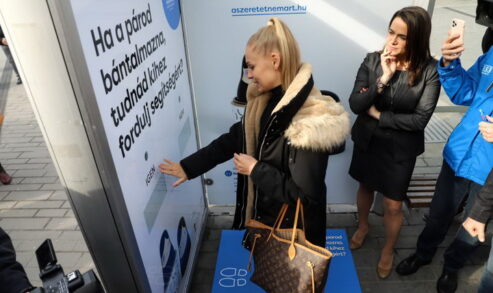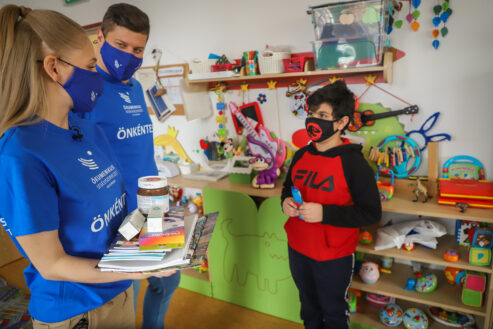Hungarian Interchurch Aid’s social and development work aims to provide effective assistance to people in need, identify the causes, and help eliminate them as soon as possible. In our social work, we strive to promote conservative values. This includes the use of sound, long-established methods, the protection of families, and the prioritisation of work, learning and individual responsibility in our services. In our daily work, we consider it essential to take a systems approach to tackle a problem.
In designing services, we aim to fill gaps that can effectively help to promote the reintegration of disadvantaged groups. The organisation separates crisis assistance and long-term care processes. The beneficiaries must always be involved in the problem-solving process, according to their capacities, to ensure they feel a sense of ownership. The provision of support should aim to eliminate long-term dependency and to develop support systems that are targeted, flexible, personalised and rapid.
The organisation’s social and development work in Hungary can be divided into four broad areas:
- Social and development work with families and children
- Care for the homeless
- Daycare for addicts and psychiatric patients
- Crisis management, support for individuals, families and communities in need
Our organisation continued its activities in 2021, even though the COVID-19 pandemic presented new challenges in many areas. We provided 33 services in 24 municipalities and 50 institutions to help individuals and families in need.
In 2021, the priority area was the ’catch up’ programme, which enabled thousands of children to benefit from individual and small group development (special education, tutoring), digital development and leisure camps. The ’catch up’ programmes are also particularly important because every year, 6,140 children are reached by the organisation’s services. Of these, 1,613 have participated in various developmental activities, and 4,527 children have participated in recreational activities.
This year, there was also a strong focus on victims of relationship violence. By now, our organisation has become one of the largest organisations helping victims with a wide range of services (crisis centre, secret shelter, online counselling, crisis outpatient clinic, halfway house). The number of victims helped by the organisation has exceeded 1000.
In partnership with the government, our organisation is also involved in the Catching Up Settlements programme, which works with several large charities to help individuals and families living in segregated circumstances. We have already set up Presence Points in 11 municipalities. In 2021, nearly 2,500 people benefited from the services provided by Presence Points.
The nearly 60 development projects will enable the organisation to improve the existing national institutional system and to introduce new areas of operation and new methods by developing new innovations and models.
Main investments in 2021:
- Construction of a Social and Development Centre, warehouse base in Debrecen
- Establishment of a National Social Worker Training Centre in Kastélyosdombó
- Social and Development Center in Dunavarsány – Enhanced elderly care, Renovation of the kitchen
- Development of a Presence Point in Boldogkőújfalu
- Development of a community space in Olaszliszka
The implementation of EU-funded development projects continued (regional crisis outpatient clinics and clandestine shelters, a crisis centre and halfway house in Orosháza and the operation of the Sure Start Children’s Center in Olaszliszka), and the programme for the integration of disadvantaged municipalities was extended with additional projects.
The pandemic crisis also affected the implementation of projects. The Development Department regularly monitored ongoing projects and tracked changes and modifications on a continuous risk analysis basis to ensure that the project objectives were fully met.
